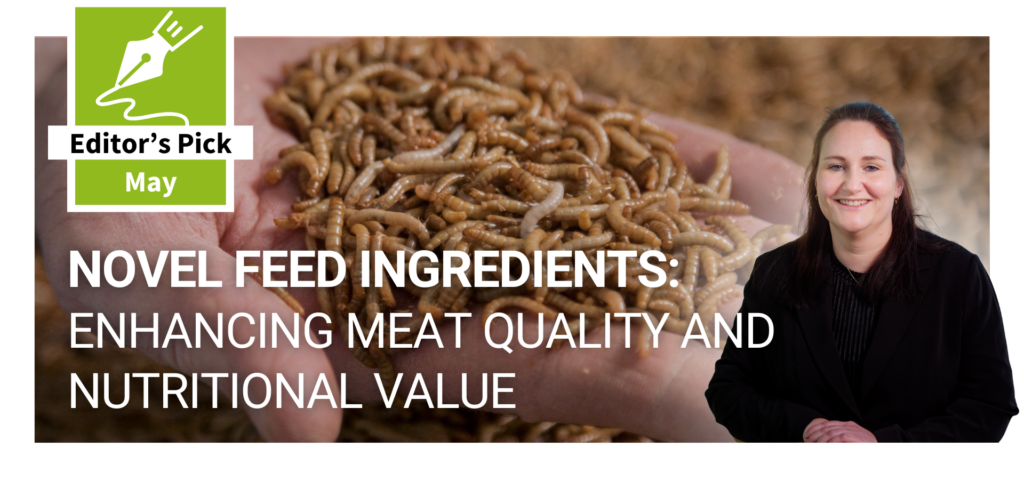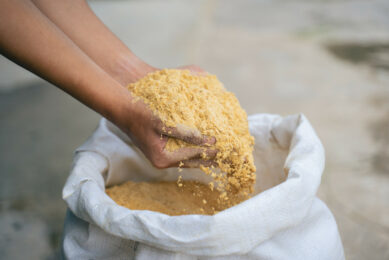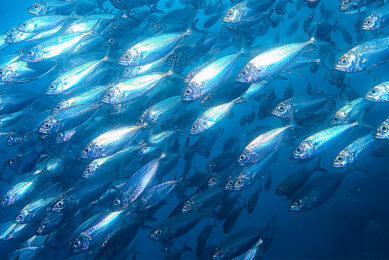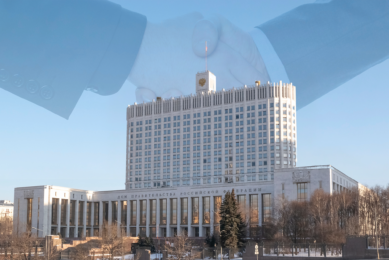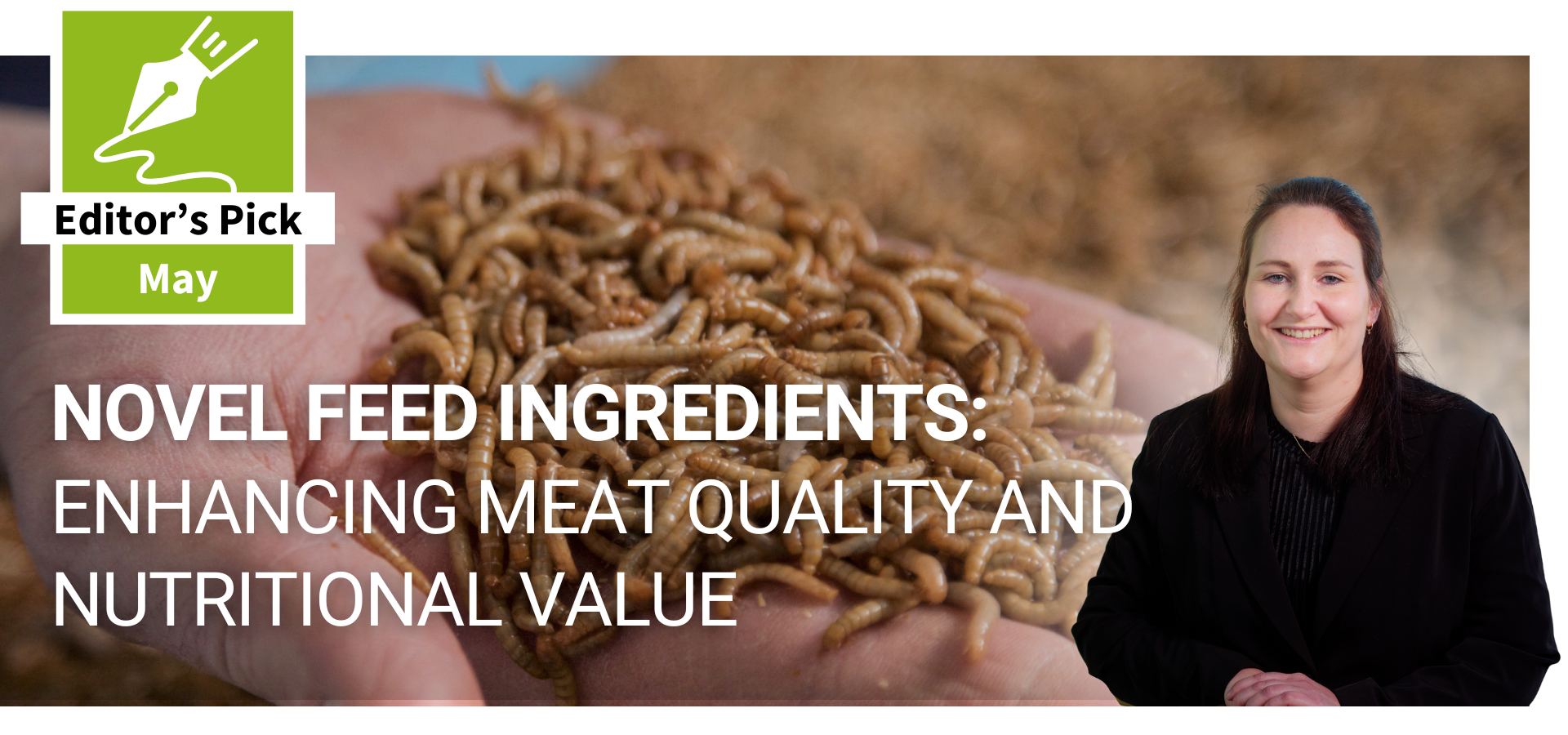Russian firm localises silica production, eyeing feed additive sector
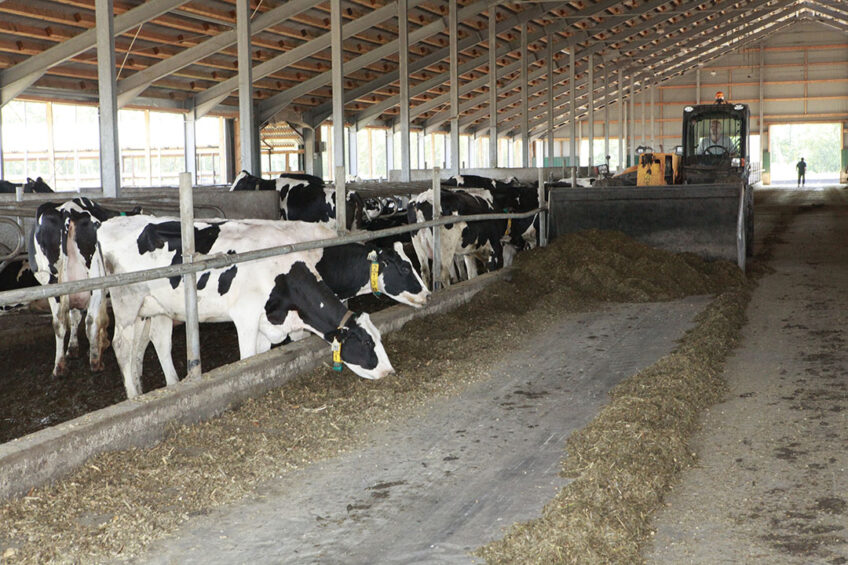
Russian agricultural firm Rice-Ashti rolled out plans to localise the production of amorphous silica (silicon dioxide) with a purity of 99.99% at a plant in Krasnodar Krai. Among other things, it could be used as raw material for feed additive production.
Silicon dioxide is in high demand in agriculture, where it is used for producing feed additives, feed and plant protection agents, the press office of the Krasnodar Krai governor said in a statement. It is planned to be manufactured out of rice husk ash, utilising an environmentally friendly technology, the press office added.
Alexander Ruppel, deputy governor of the Krasnodar Krai, was quoted saying that the investment cost of the plant is estimated at 500 million roubles (€5 million). In addition, the investor shared preliminary plans to scale up the initiative in the future. In the second stage, the production performance should be boosted nearly 5 fold.
New plant: Import replacement venture
The Russian authorities consider the new plant an import-replacement venture, meaning it is eligible for reimbursement of 30% of the capital costs. Besides, under the federal programme aimed at supporting import-replacement projects, it was granted with a soft loan with a subsidised interest rate of around 0.1%.
The production line has already been installed at the plant, the press office said, stressing that the chemical department of the Moscow State University has played its role in the technology development. No information has been given when the facility is due to begin commercial operation.
Russian market players repeatedly expressed doubts that the country could overcome the dependence on foreign countries…
Doubts about achieving feed additive self-sufficiency
The Russian Agricultural Ministry encourages Russian businesses to consider establishing feed additive production, promising a broad range of support measures envisaged by the Federal Scientific and Technical Program for the Development of Agriculture through 2030. Russian market players repeatedly expressed doubts that the country could overcome the dependence on foreign countries in this field, especially in the context of expanding international sanctions.
For instance, Vladimir Manaenkov, executive director of the Russian Union of feed manufacturers, speaking during an industry conference in April 2023, called this task nearly unrealistic, explaining that a potential investor would need to allocate a lot of money, with no guarantees that his operations could successfully compete with Chinese and European suppliers.
A similar opinion during the same conference was shared by Lybov Savkina, commercial director of the Russian think tank Emeat, who said that the current size of the Russian feed additive market was too small to justify establishing feed additive production capacities unless export supplies are not involved.



